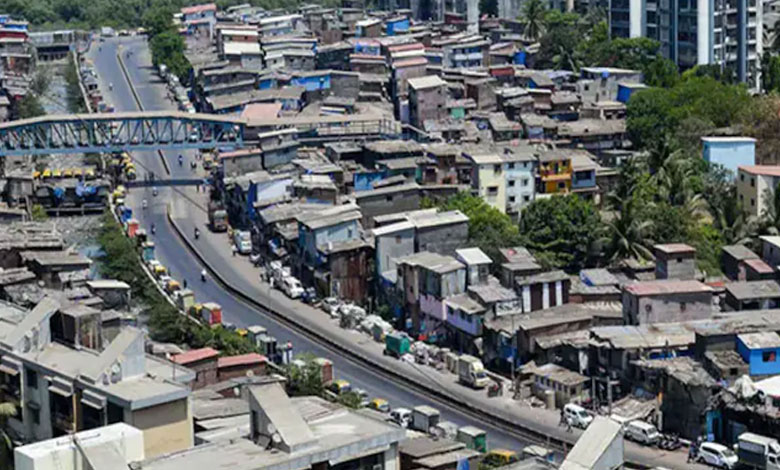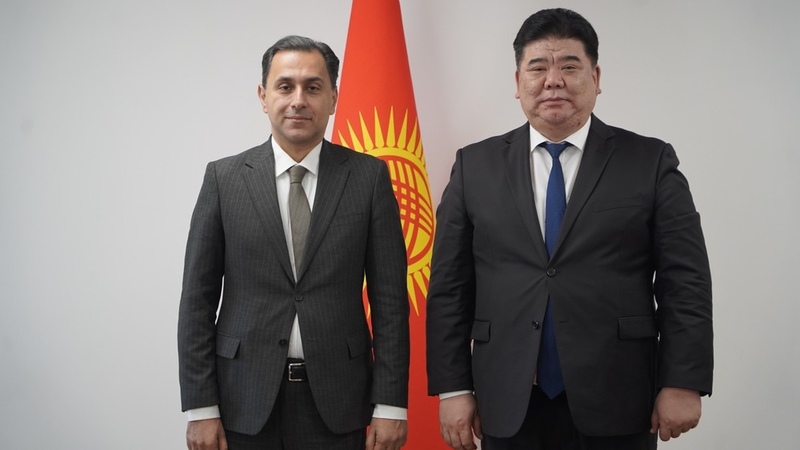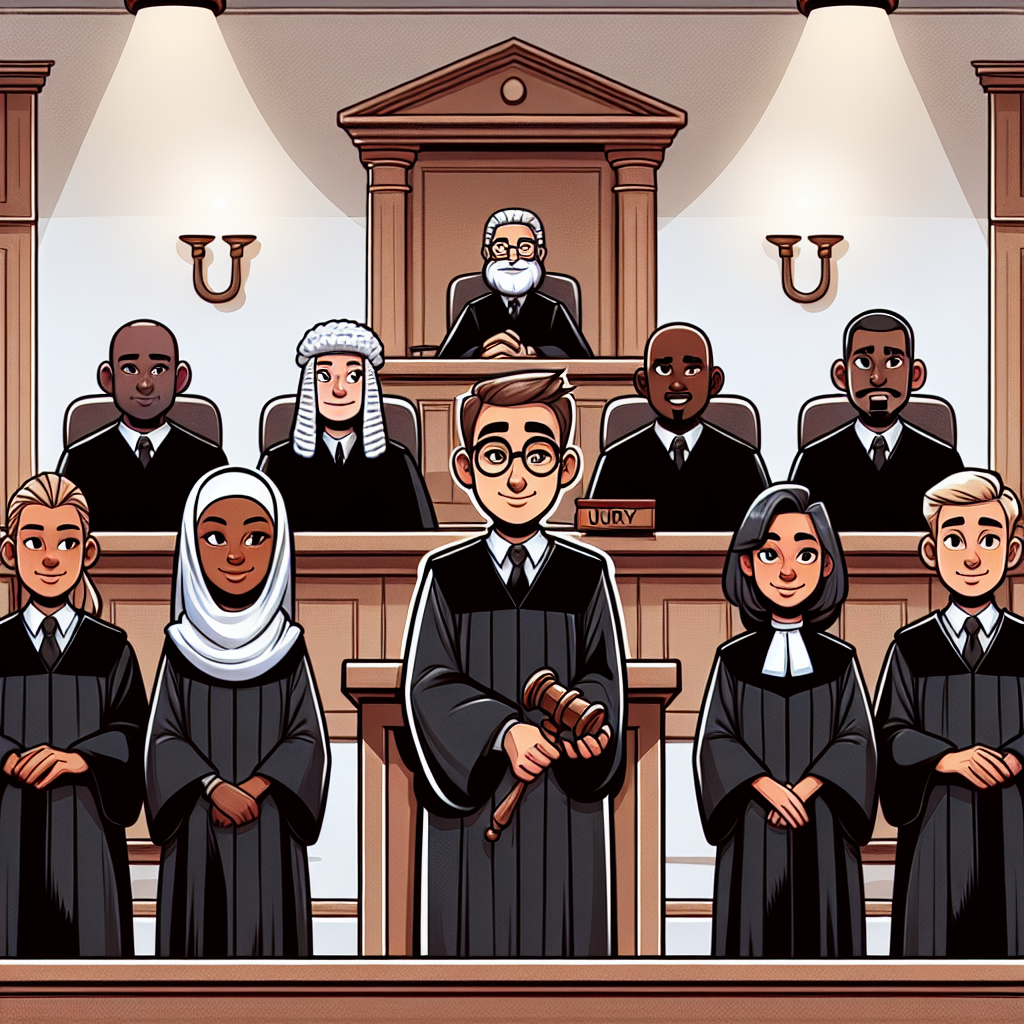
As disorder broke out on the streets of Hartlepool and Middlesbrough in July and August this year, a Cleveland Police officer suffered the medical emergency, according to a top boss from the police force. Mark Webster, chief constable of Cleveland Police, answered questions from the Commons Home Affairs Committee on Tuesday (December 10) about police response to the riots, which took place across the UK in the wake of the Southport stabbings. Responding to a question about the 'resilience' of officers involved in policing the riots from Robbie Moore, MP for Keighley and Ilkley, Mr Webster responded that 20 Cleveland officers had been injured.
He added that one officer suffered a heart attack, before saying that the officer "isn't back at work, but is recovering". Mark Webster, chief constable of Cleveland Police (Image: PARLIAMENT TV) When asked about the impact on officers longer-term, in terms of trauma, Mr Webster said that: "There will be cases of recurrent trauma. When people are throwing bricks at your head, trying to cause you damage, that will be an interesting police experience.

" But added that: " On the positive, the sense of camaraderie was phenomenal. We had some officers who would do 14-16 hours, go home for an hour and come back because they couldn't leave their colleagues in trouble. "We had people cancelling holidays, and people coming in on birthdays.
" Elsewhere in the committee meeting, the chief constable branded claims of two-tier policing “nonsense” as he insisted his officers had been “entirely fair” in the way they responded to the summer riots. He said the “narrative” around whether there was two-tier policing in the UK was “really unhelpful sometimes”, adding: “And I go so far as to say sometimes it’s nonsense, and it does tend to undermine.” “Without fear or favour if you were involved in criminality, you were arrested, or you will be arrested,” he said as he insisted his force was “very fair” and stressed that people were arrested when there was “clear evidence” they were suspected of committing violent disorder or other crimes.
People “don’t necessarily want to listen to the facts, and if it doesn’t conform with the view that you want to put across and you want to accuse police of two-tier policing, it does have a really negative effect on my officers”, he told the committee. “Factual debate doesn’t seem to be a way through countering some of this argument,” he added. The force had urged the public to “check what you’re reading on social media before you act” and to question the source and motive of the information, the MPs heard.
The committee heard that in Hartlepool, groups of 200-300 protestors went towards a mosque and a Salaam centre, where children had to be moved from, which resulted in eight arrests on the night and 53 subsequent arrests. A police officer (Image: CLEVELAND POLICE) Meanwhile, it was noted that in Middlesbrough, there were around 1000 people taking part in the disorder, which saw 43 people arrested on the day and 109 arrested afterwards. Earlier in the session, Mr Webster said forces do not have the “capability to police the entirety of social media”, adding: “Clearly these entities are far, far bigger than anything policing has got to offer.
” Asked what was behind the riots, Mr Webster said there were “common factors” among many of the areas where unrest occurred, adding: “Many of them are challenged communities. Recommended reading: Get more content including the stories that matter to your community from The Northern Echo . "The social fabric is quite difficult across many of them and I think that probably makes them fairly fertile to be either whipped up or for violence, maybe out of just wanting criminality, boredom, any number of different issues.
” He cited examples of people being sentenced who had “been out, they’d had too much to drink, they’d walk past and thought, why not?” “That’s not a representative sample, but I think much of that desperation, this lack of hope, lack of state, nothing to lose, I think much of that certainly impacted on the riots and the disorder that took place in Cleveland,” he added..











